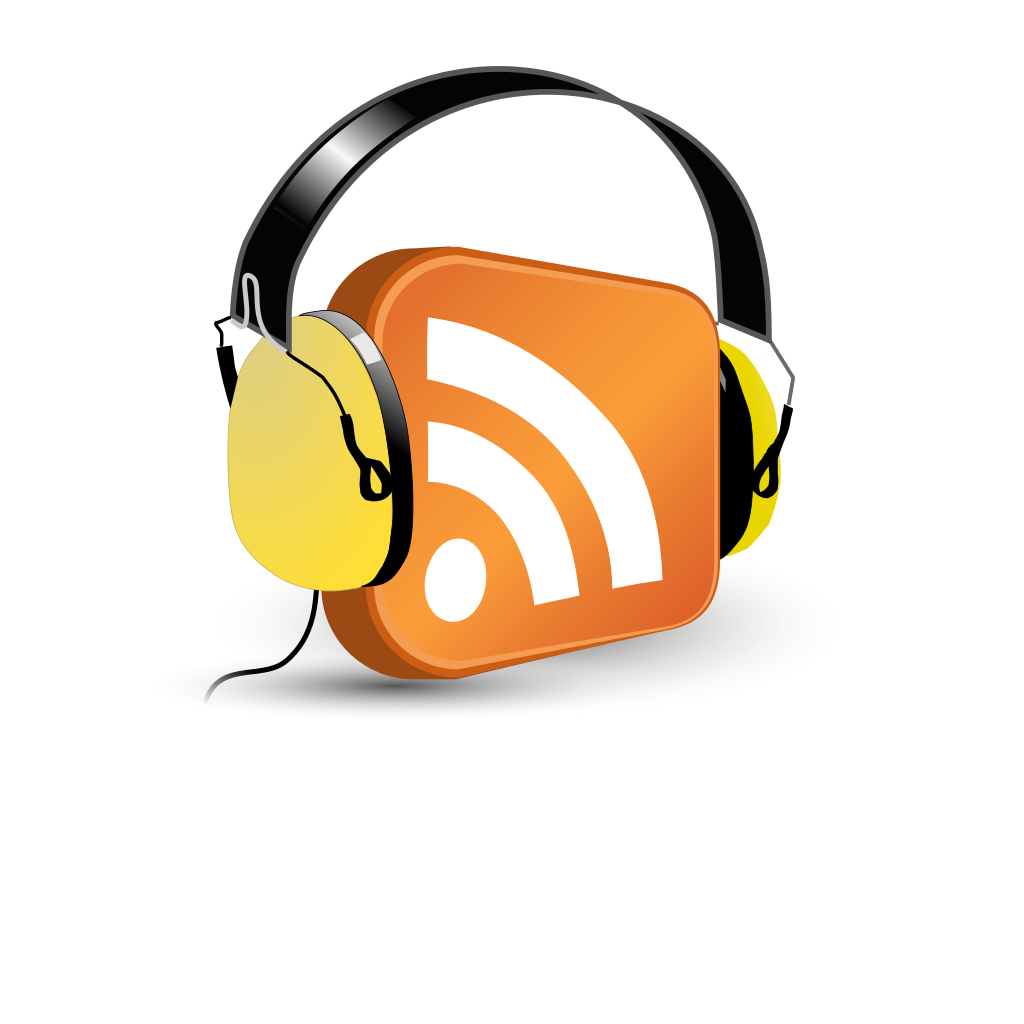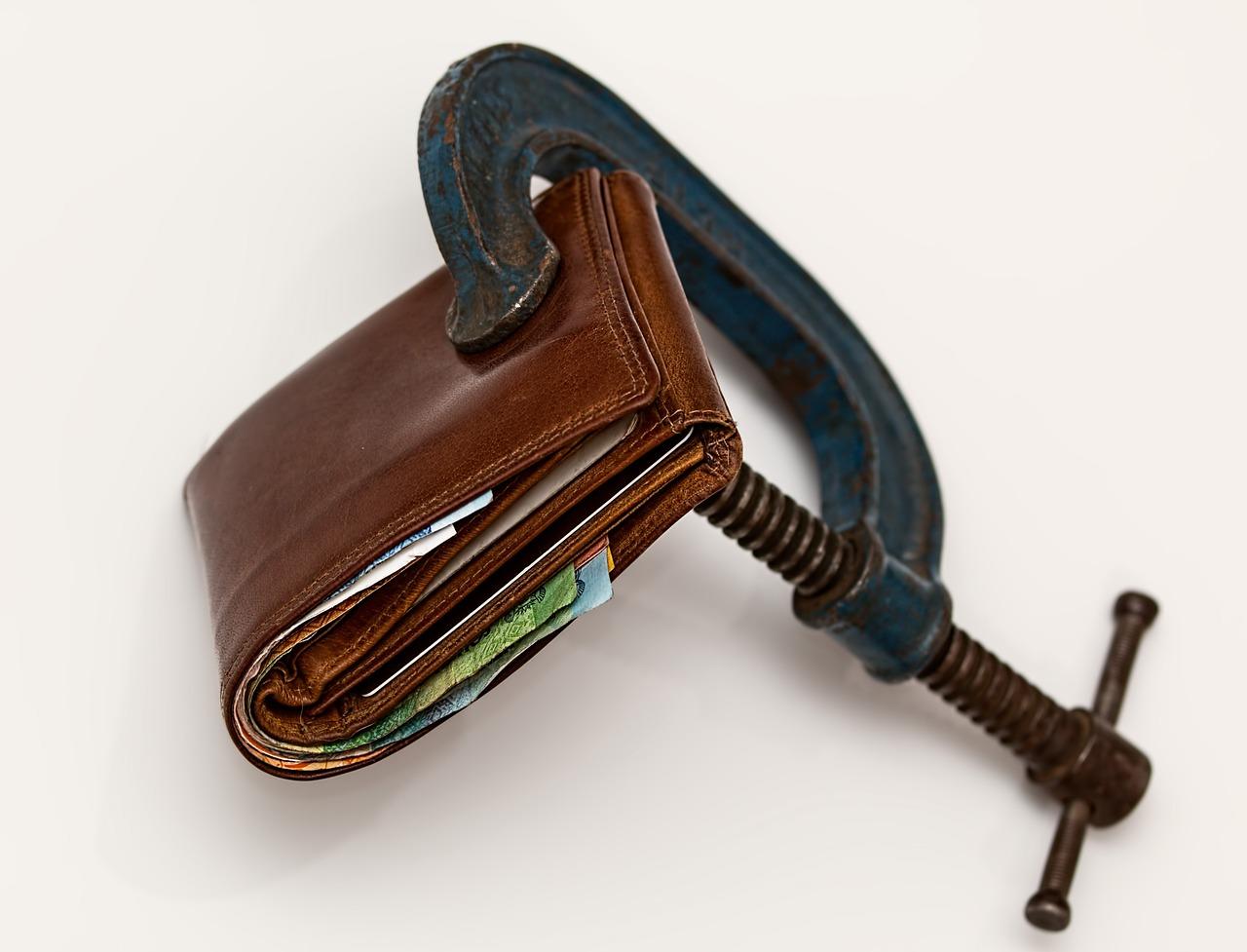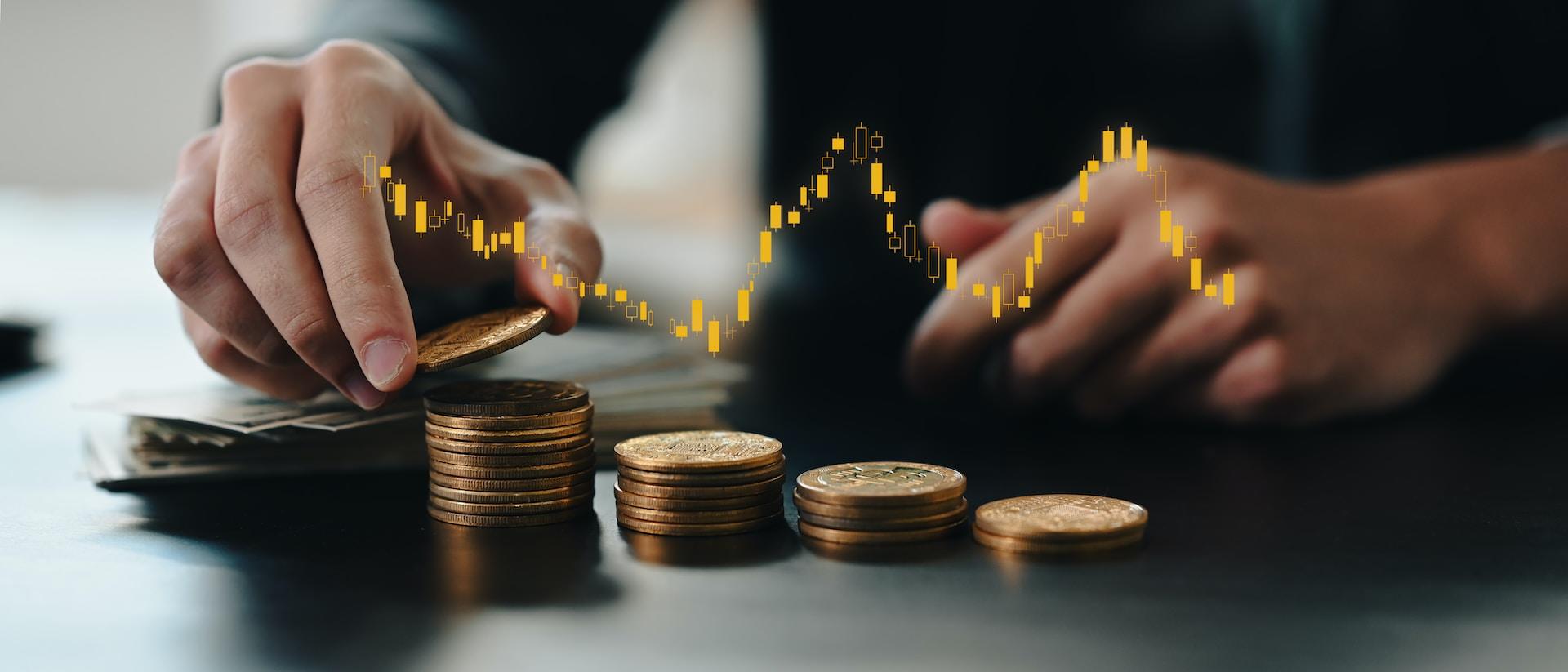Students of every discipline must remember that coursework is only a small part of their overall education. The lion's share is, and has always been independent study.
Thankfully for economics students and undergraduates, there are so many online tools available to help improve their economics knowledge and grades.
Often, the key to improving your academic performance and bringing out your inner economist is to deepen your overall understanding of the subject matter. So when it comes to economics, it makes sense that a great place to start is to listen and read as much about the economy, international economics, and current economic theory as possible.
By reading and listening widely, you not only understand how economics shapes the world we live in today, but you’ll also arm yourself with an array of current, real-world examples of business and economic systems that you can slot into essay answers or coursework in your economics courses, whether that's an A-level class or an undergraduate course.
To that end, we provide you with a list of resources you can draw on:
| Resources to draw on for independent economic study: |
|---|
| - Blogs: BBC Economic Blog, KPMG UK, Cafe Hayek |
| - Podcasts: Economist Radio (BBC 4), Freakonomics Radio, More Or Less - Behind the Stats |
| - YouTube channels: Stoic Finance, Economic Update, Epic Economist |
| - Websites: Forbes, Business Insider, The Economist |
| - MOOCs: Coursera, My-MOOC, MOOC.org |
| - Interactive software: Quizlet, StudyStack, Evernote |
| - Tutoring: peer-to-peer tutoring, group tutoring, private tutoring |
Note that any extra-curricular reading or study you do can be further complemented by taking on a private tutor, whether that’s in person or online, to help consolidate all your fundamental knowledge and get you exam ready.
With this in mind, we outline below some of the best blogs, podcasts, publications and other online resources that you can use to learn even more about economics.
Find economics tutor here.

Best Economics Blogs
The great thing about the internet is that there are so many sources of information. Even when it comes to economics blogs, you can be taught so much about the subject, whether you're a beginner, intermediate or advanced learner.
There’s no shortage of fantastic, entertaining and informative economics blogs out there. So whether you want to:
- read an online economics blog from a leading institution to supplement your study;
- find out more about economic issues such as microeconomic theory, statistics, supply, and demand, or monetary policy;
- complement any online tutoring you receive by reading up on current economic affairs; or
- find great examples of current economic issues and public policy to include in your next piece of homework
Reading an economics blog is a fantastic way to learn more about and examine these subjects.

It’s best to read as many blogs as you can, from as many different sources as possible. For example, you can get up to speed on the latest global economic, macroeconomic, and statistical issues and trends by reading the International Monetary Fund’s blog.
If you want to read up on U.K. economic issues or regulation then you would be well-served by reading the BBC’s economics blog, which is run by Kamal Ahmed.
In addition, economics blogs can also help improve your understanding of a particular economics niche or principle, such as econometrics, microeconomics, or macroeconomics.
For example, there are economics blogs out there that specialise in macroeconomics, such as KPMG UK’s economics blog.
Equally, if you’ve always wanted to learn more about Hayek’s theories then you could try Café Hayek, which puts forward arguments against Keynesian principles.
The Best YouTube Channels for Economics Students
Most people think of YouTube as a mish-mash of random videos uploaded by any type of content producer; a platform where one can find anything from funny cats to political commentary, and everything in between.
Perhaps one of this platform's best-kept secrets is how much legitimate, valuable and educational content you can find on it, if only you knew what to look for.
If you simply type 'economics' into the search bar, you'll be returned any number of videos on that subject. However, some are elementary - they cover only basic economic knowledge that you've surely already mastered, while others could fall into the category of clickbait. Their titles scream some sort of sensational economic happening but, instead, the video might present radical political views.
There's some debate over the value of watching videos indiscriminately. It's always best to get all sides of the story before formulating opinions but maybe, in this case, especially as you're looking for ways to diversify your studies, you should be more discriminating in your choice of YouTube channels to watch.
Economics Explained (country of origin: Australia) tends to be fairly hip; some might even say flippant as they discuss important economic happenings. By contrast, Economic Update (country of origin: US), hosted by Professor Richard Wolff, delivers a more traditional dissection of current economic events.
As economics is a universal phenomenon - every country, even the least wealthy, has economic concerns, you might wonder why we specified those channels' countries of origin.
It has to do with the fact that the content of those videos reflects the economic dimensions in relation to their respective countries of origin, even as they present the global impacts of those countries' economic manoeuvrings. You can nevertheless get a broader understanding of economic machinations by exposure to economic policy in other nations.
This is a positive instance of taking in diverse information. The more you're exposed to the economic situations in other countries, the better you can grasp the full economic picture of where you live.
The best YouTube economics presenter in the UK must be Max, who discusses daily happenings on his channel, Stoic Finance. He does an excellent job of correlating global political events with their economic fallouts, delivering his reports in measured tones, with just as much background information and explanation as is needed to demonstrate the relevance of the events to the economics of it.
Videos, by their very nature, demand that you focus on them lest you miss some visual, like a picture or chart. But nothing says you can't load a video from any of these economics channels and perform mundane household tasks; you can always back up to replay anything you might have missed.

Best Economics Podcasts
Although reading economics blogs and watching videos that discuss pressing economic subjects can be one of the best strategies for an intermediate learner to delve deeper into the world of economics, there’s also a lot to be said for regularly listening to economics podcasts.
The great thing about podcasts is that you can listen to them whether you’re at home or travelling, as you can absorb the information within them whilst getting on with other activities.
As the popularity of podcasts has risen, so has the number of economics podcasts increased. This is great news for anyone wanting to learn more about current economic trends, from unemployment to fiscal policy, macro or micro-trends, banking and accounting, and beyond.
For example, the podcasts on Freakonomics Radio have been running for almost a decade, so there’s plenty of material to catch up on if you’ve not listened to them before. They also feature special series, such as “The Secret Life of a C.E.O” which are always worth listening to, as you can hear from some of the leading thinkers of today.
Other notable podcasts include those from the Economist Radio and from BBC Radio 4.
The Economist Radio, for example, has new, daily podcasts that you can listen to, and you can also access the podcasts from a variety of sources, such as Google Play, Apple iTunes, and SoundCloud. With podcasts generally not lasting longer than 25 minutes, it’s very easy to fit a podcast or two into your daily schedule.
When it comes to BBC Radio 4’s podcast, More or Less: Behind The Stats, you can learn more about how statistics change how we perceive the world, which is perfect if you’re more interested in the mathematical side of economics.
The other great thing about podcasts is that you can often subscribe to get alerts when a new podcast is released, so it’s very easy to keep up to date with your favourite podcasts.
Get a good A level Economics tutor here.

Best Economics Online Publications
If you’re not a fan of podcasts and prefer studying the principles of economics or global economies by reading up on the current news events of the day, then reading articles from major online economics publications may be the best way for you to learn and develop your economic analysis and knowledge of economic concepts.
There are plenty of highly-respected, established online publications that have reputable economics sections to help you study. If you're looking for an introduction to economics, examples of publications include:
- The BBC
- The Guardian
- Forbes
- The Economist
- Reuters
What online publication you choose to read will largely depend on what your perspective and interests are and what areas of economics or economic problems you place emphasis on.
For example, the BBC and Guardian are great resources if you want to learn more about UK economic and business trends and find local news stories that you can include as examples in an upcoming essay or piece of coursework.
However, if you prefer a news story that focuses on global events, there are articles by publications such as Reuters and the Financial Times that report on events from abroad, including the Eurozone, Asia and beyond. Although they focus on global economic and econometric trends, they do also cover news stories related to UK economic activity regularly, so they can act as a one-stop shop for your information needs if you wish.
Equally, if you need to know what’s happening in the American economy, then Forbes may be a great publication for you.
If you’re not sure what publications you’d find most interesting, it’s a good idea to start reading articles from two or three publications. That way, you’ll be able to form an idea of what style of articles and what economic concepts most appeal to you.
For example, you may think that your interests are in government regulation, but you actually find out that you most enjoy environmental economics or health economics. You will only know what sector most interests you once you've had a chance to read a number of different articles on a variety of economic principles.
The great thing about online publications is that by reading them, you understand what the fundamental economic issues are of the day, whether they relate to financial economics, behavioral economics, or the principles of macroeconomics.

Massive Online Open Courses for Economics
If you're studying economics at the university level, you've no doubt already been introduced to MOOCs; massive open online courses. These classes are open to anyone (but there is a login requirement) and there is no limit to the number of learners who can participate - hence, the 'massive' designation.
Such courses include lectures given by professors who specialise in economics; they're usually pre-recorded but sometimes are delivered live. If your MOOC advertises live lectures, it would be best to mark the time because they may not be simultaneously recorded for future playback.
Besides lectures, you will take part in group activities and be given assignments to complete. Problem sets feature regularly; fortunately, you'll have access to 'community' support, either via a discussion forum or social media group. Your course will likely also feature teaching assistants that you could appeal to for help if needed.
MOOCs typically take between four and six weeks to complete. Some are 'learn at your own pace' while others resemble a standard distance learning course that times their work requirements to last as long as the course is supposed to.
Some MOOCs offer certificates once the course has been successfully completed; some don't. Some courses are free to attend and learn from but, should you want a certificate for your records, you will have to pay a small fee. For other courses, you have to pay to enrol and attend.
Alison (IE), FutureLearn (UK) and Coursera (US) are three of the top names in massive open online courses; each of them produces and curates their own learning programmes. Besides steering yourself directly to those sites, you may turn to websites that aggregate MOOC courses, such as the ones listed in this article's introduction.
Note that most MOOCs originate in the US; OpenLearning and Open Universities are based in Australia.
As you're looking for study materials for economics, the courses' countries of origin shouldn't matter unless its topic is an aspect that might be location-specific, such as understanding the GDP, labour economics or behavioural economics. Still, as with watching YouTube videos, so too with MOOCs: the information may be region-specific but the economic concepts are universal.
You should carefully review the course syllabus for any economic topic that deals with the human aspects such as those, as they might be location-centric.
Online Study Resources
As a digital native - someone who has never known the world without computers and ready internet access, there's a good chance that you're more comfortable using electronic flashcards than 'analogue' ones; the kind you make for yourself.
One could make the argument that creating your own deck of flashcards will help you cement knowledge faster. Studies have shown that writing things out by hand builds more neural pathways in the brain, which leads to more ready access of stored information.
This only happens when you hand-write, though. Typing does not have the same effect because you're using different parts of your brain when you type. The good news is that, if you have a computer or tablet with writing input capability, you'll have the best of both worlds as you build your digital deck of flashcards.
Quizlet is a great resource for that.
This platform allows both educators and learners to build accounts and create study sets for any subject. It's primary tool is flashcards, which users can create by themselves. For instance, if you wanted to build a glossary of economic terms, you would write the word and its definition; the software will do the rest.
Once you've built your database, you can use it in different ways: as flashcards, of course, but also as a list - the words and definitions together, a quiz that tracks how many answers you got right (and wrong), as an exam and, for the more fun-seeking student, as a game.
In fact, Quizlet permits two games. Matching the word to the definition and an activity modelled on the classic arcade game Asteroids, in which you must type the word's meaning - or, conversely, the word from the meaning given before the asteroid impact 'Earth'.
You may not have to create your own Quizlet study sets.
This platform is so popular and renowned that many economics teachers and past students have created sets that are free to anyone to study with. The only trouble withdrawing on existing Quizlet study sets is their hit-and-miss nature. There's no guarantee you'll find exactly the topics you need to revise so creating your own sets might be your best option, especially if exams are looming.
We hope you don't wait until a few weeks before your exams to build your revision materials!
Another platform similar to Quizlet, StudyStack offers much the same flexibility as the more established platform but has far more amenities, for all that it looks more formal and serious.
Besides these two fantastic revision aids, to find resources that will help you plan your study sessions, stick to your revision schedule or manage your time better, you only need to ask your favourite search engine. It will return an astounding number of suggestions.

The Best Websites to Find an Economics Tutor
If you’re looking for an economics tutor, there are many online tutoring sites that you can use to find an experienced tutor to meet your educational needs and provide expert tuition.
Whether you look for a tutor on First Tutors, UK Tutors, or Superprof, these sites are a great resource to find an instructor, as they offer:
- Qualified tutors who studied economics at university, from masters graduates to tutors with a PhD;
- Tutors for a number of subjects, from art to mathematics and economics;
- Study tips to help you have more discipline, concentration, efficiency and analytical skills when it comes to revision; and
- Experienced tutors who know how to introduce their students to technical economic theories and economic principles, whilst getting the best out of them
With sites such as Superprof, finding a tutor is as easy as typing in the subject you’d like to find a tutor for, and entering your postcode. Superprof will then match you with tutors that are available locally to teach.
Even if you’re only looking for online tutoring, Superprof also provides a list of tutors that are happy to provide economics lessons remotely.
Online tutoring sites also ensure that you know as much about your prospective tutor as possible before you decide whether to hire them. For example, many sites will also provide a short bio about each tutor, which outlines:
- the tutors' academic background;
- whether they have an economics degree;
- which university they are alumni of; and
- their relevant tutoring experience
Overall, when you’re looking to find ways to learn economics online or want to find out more about the world economy, the global financial system, or business economics, there is a wide range of options available to you.
For those that like reading articles to complement their studies, the best way to learn more about economics online is to read popular economics blogs and online economics publications.
However, if you’d prefer to study on the go, then you’d probably benefit from listening to economics podcasts. Many podcasts, including those from the Financial Times and the Economist Radio, are generally quite short and sweet, which is perfect for those who don’t necessarily have hours each day to commit to additional study.
Of course, one fantastic way to complement any online economics study you do online is to hire online economics tutors. A tutor can discuss current economic and empirical issues with you, and discuss any topics you’ve read about online.
What's more, a tutor can help you prepare for an upcoming exam, essay, or piece of coursework, as a tutor acts as your own personal advisor. They can provide strategies on how to succeed in an examination or teach you about a key theoretical economic idea or economic principles in your curriculum.
Using a site such as Superprof, you can easily find an economics tutor that has the experience to bring the best out in your studies.
Summarise with AI:

























